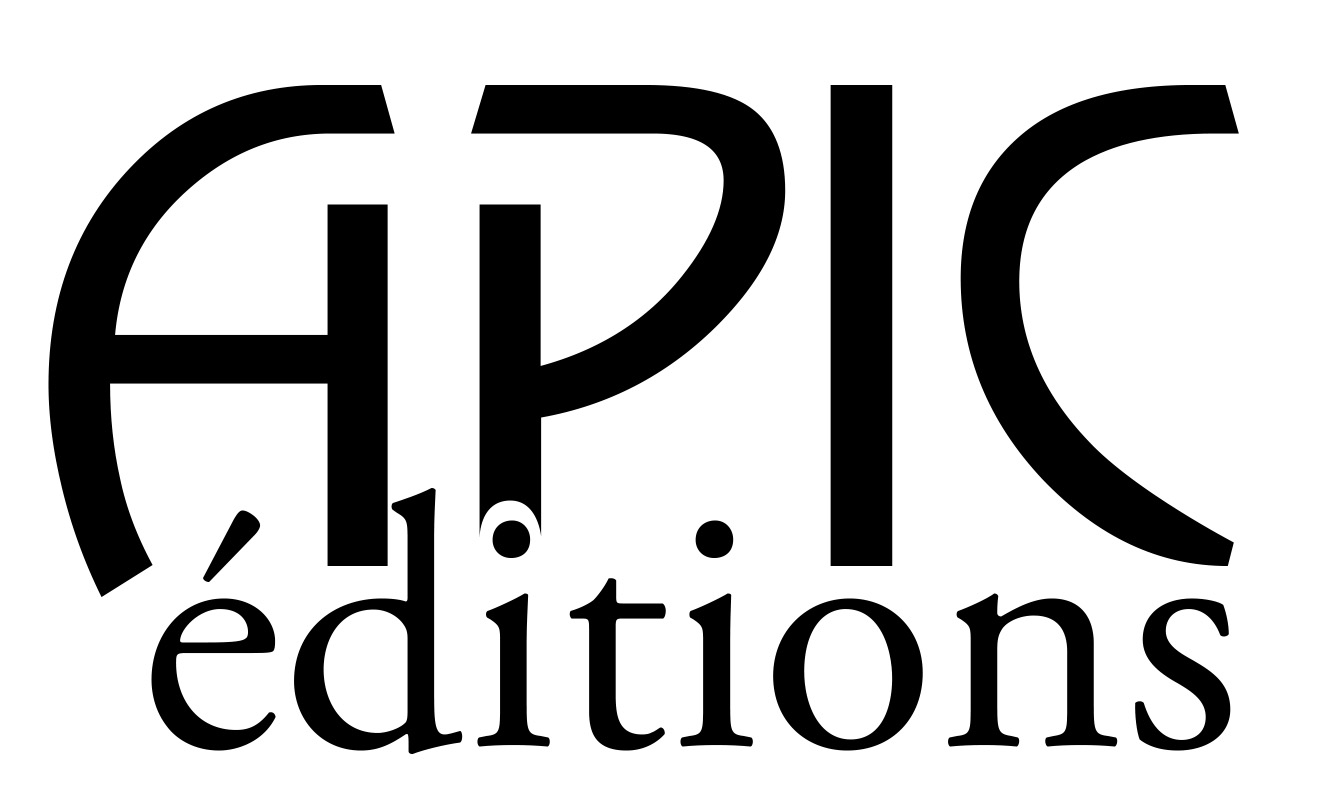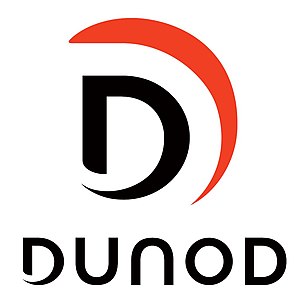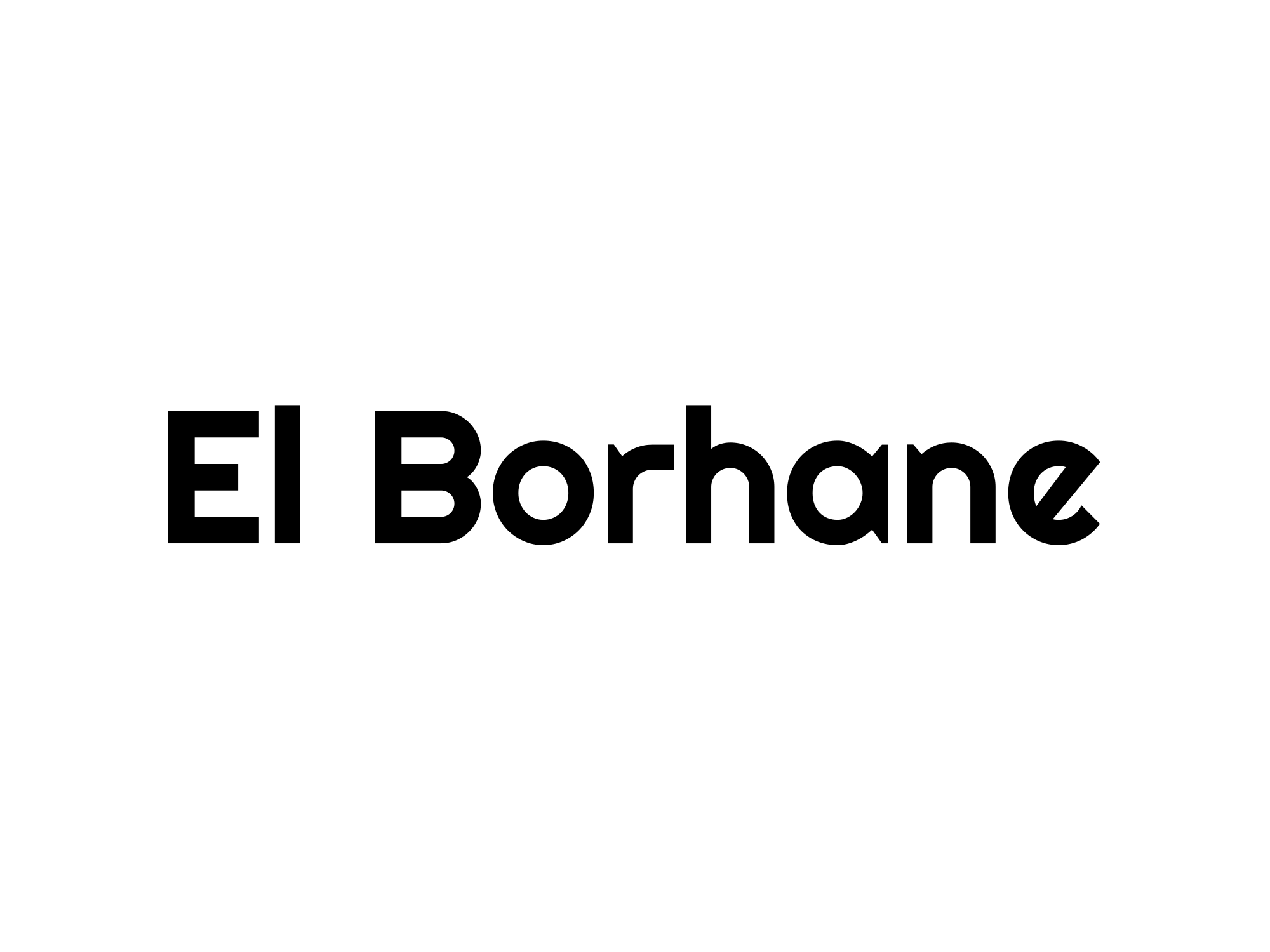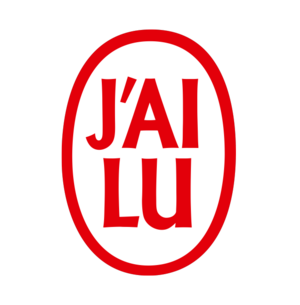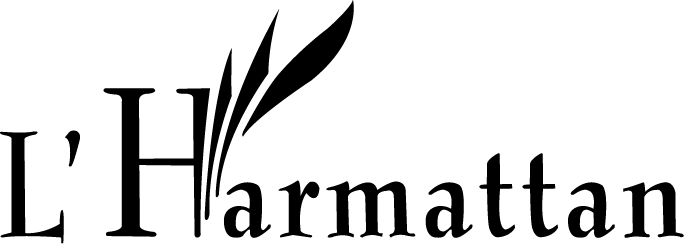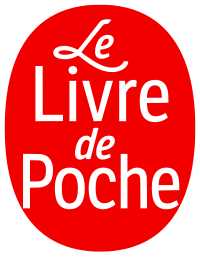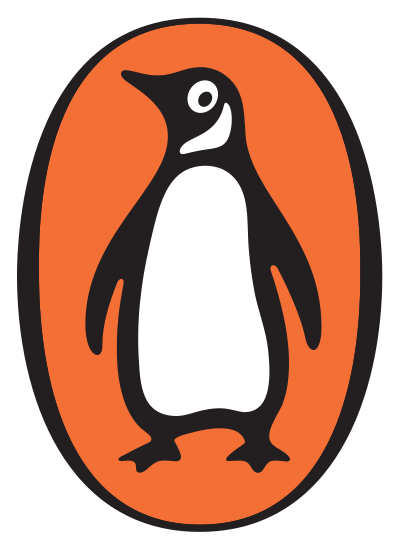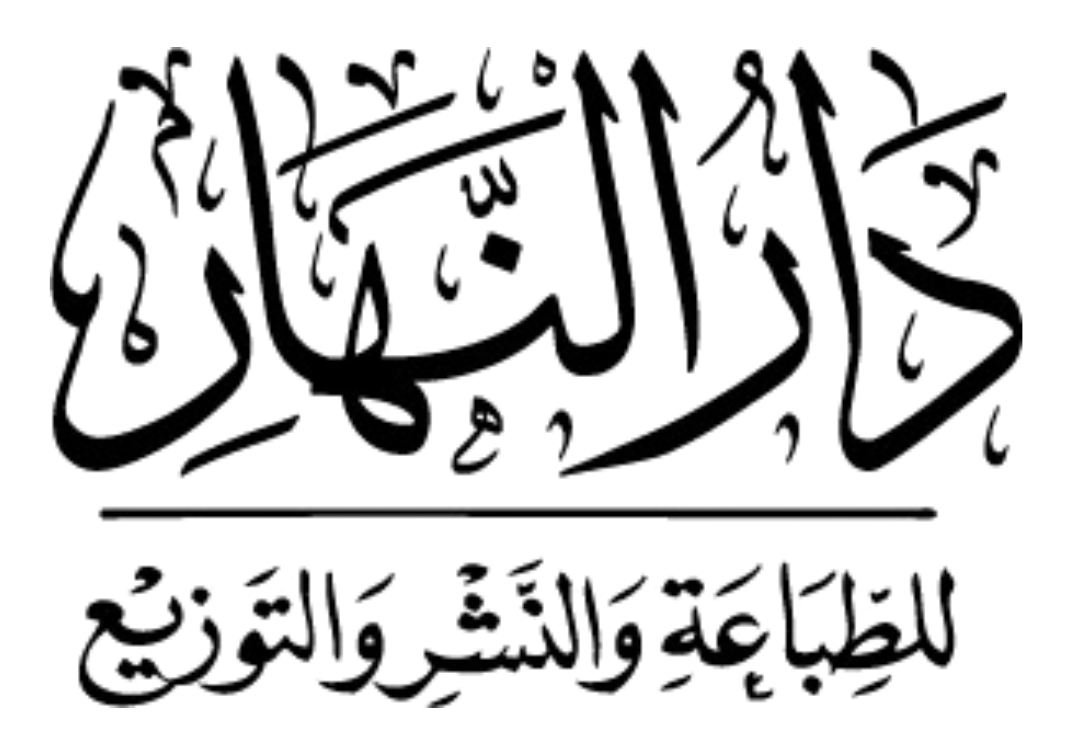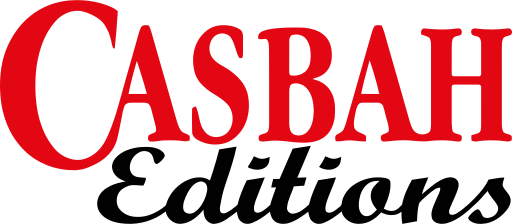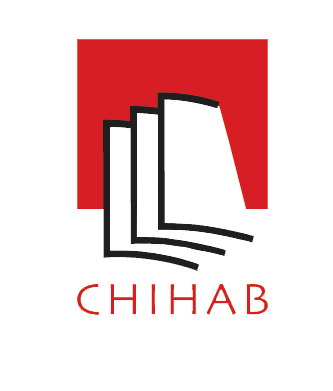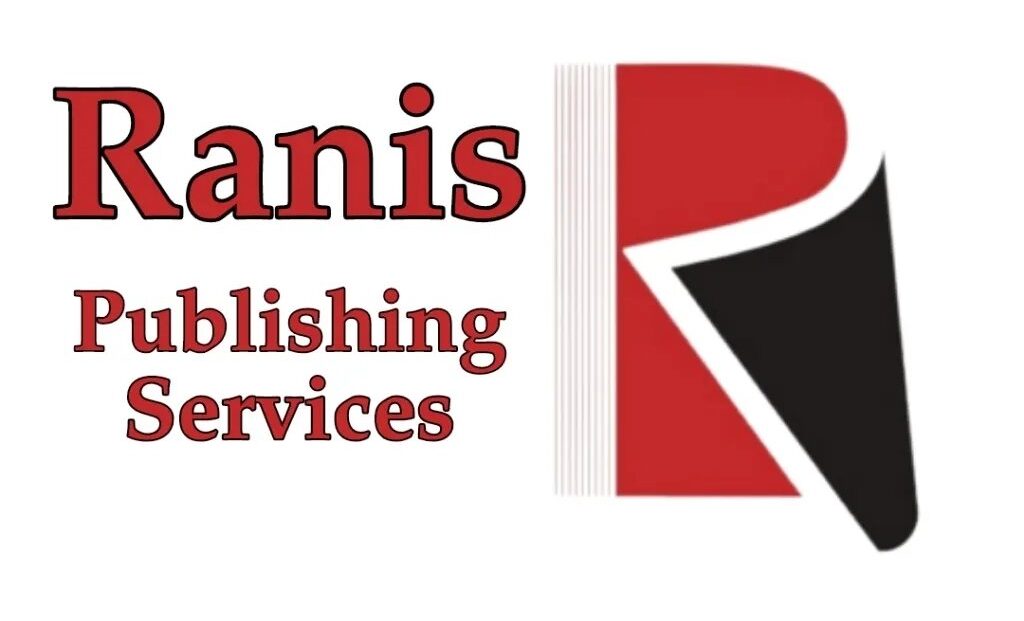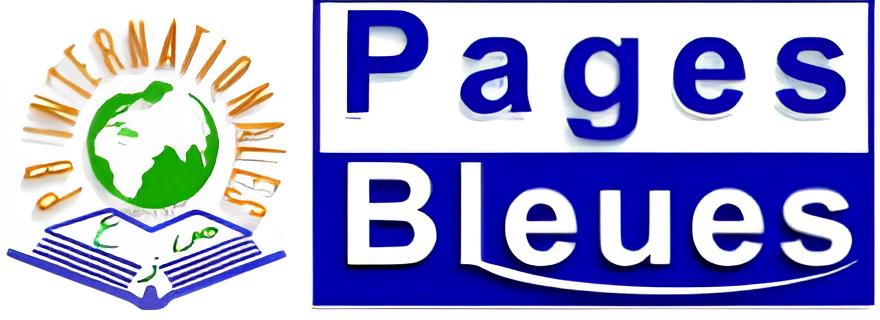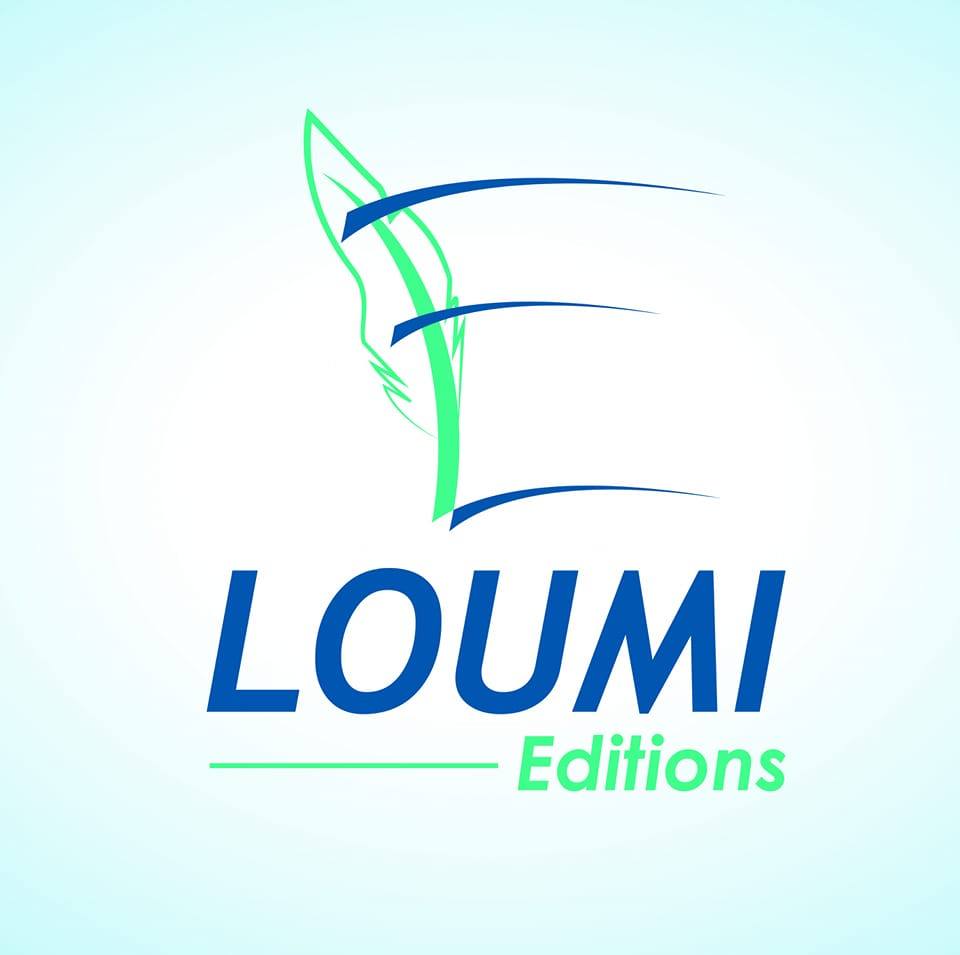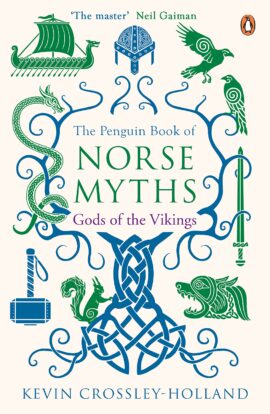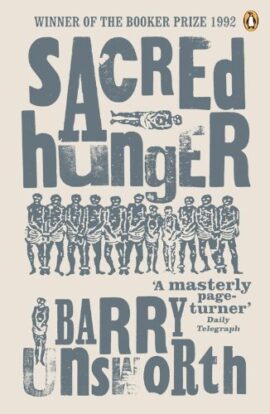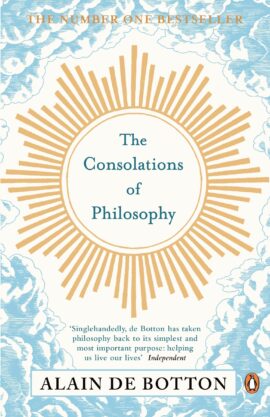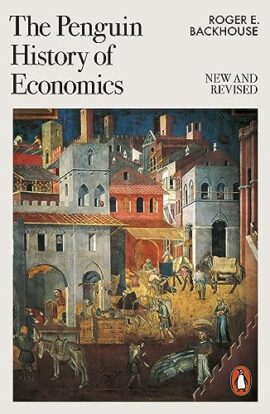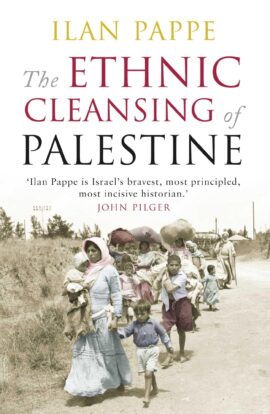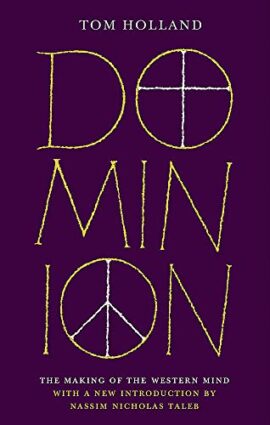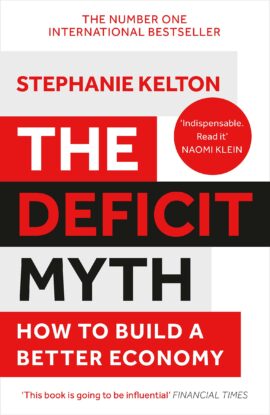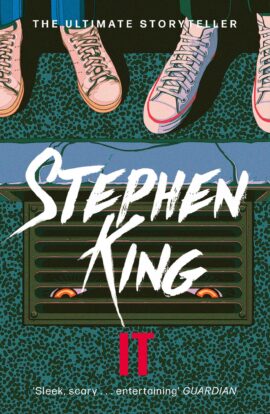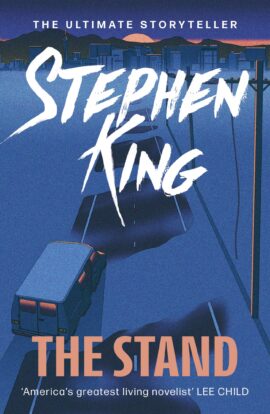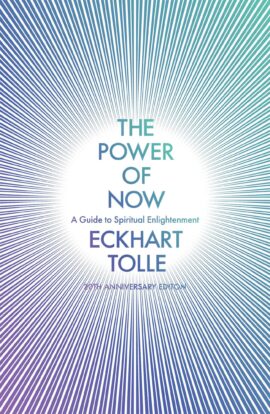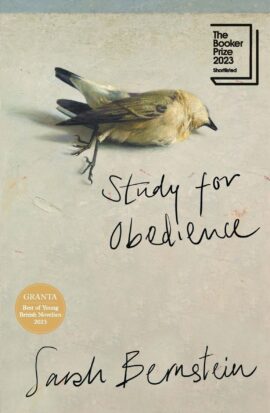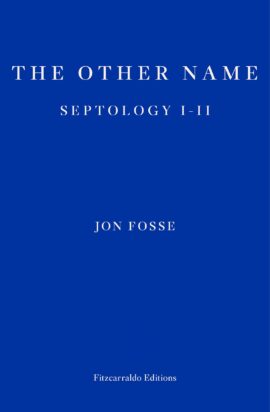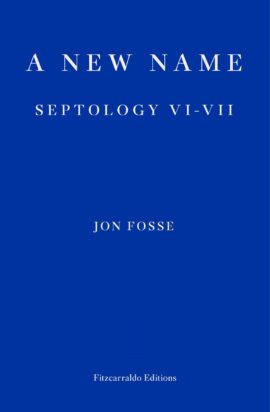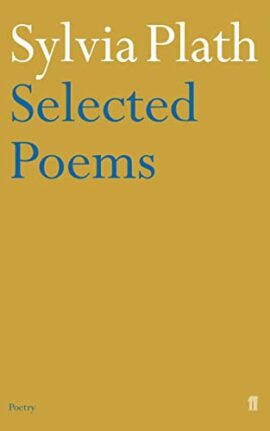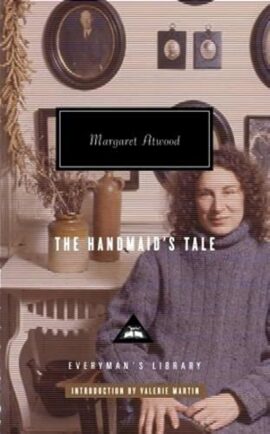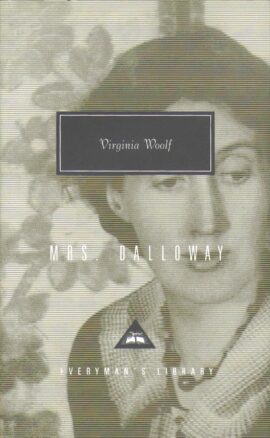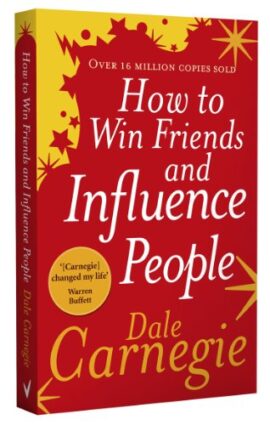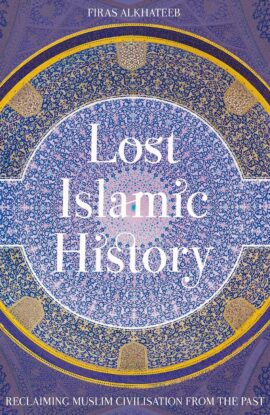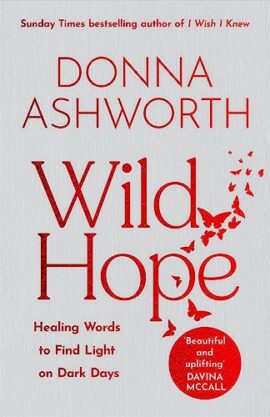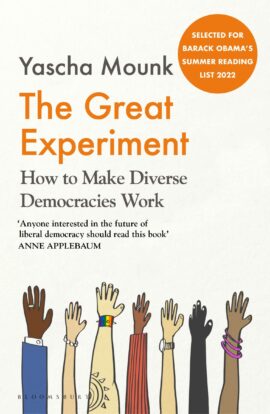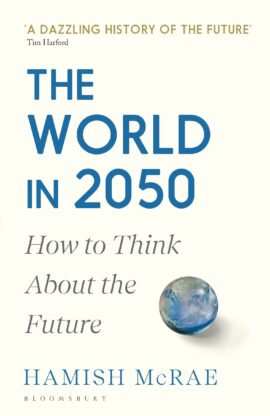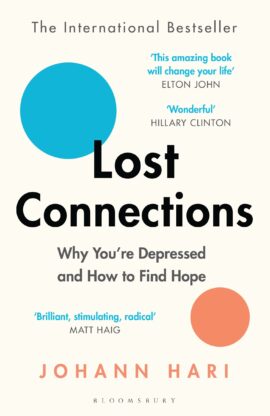Affichage de 1476–1500 sur 7284 résultatsTrié par prix décroissant
The Penguin Book of Norse Myths: Gods of the Vikings
Burning ice, biting flame: that is how life began' The extraordinary Scandinavian myth cycle is one of the most enduring, exciting, dramatic and compelling of the world's great stories. The Penguin Book of the Norse Myths compellingly retells these stories for the modern reader, taking us from the creation of the world through the building of Asgard's Wall to the final end in Ragnarok. You'll discover how Thor got his hammer and how Odin lost his eye, the terrible price of binding the wolf Fenrir and why Loki the trickster can never be trusted. The Norse myths are as thrilling to read as they are of vast cultural and historical importance. In this gripping book Kevin Crossley-Holland brings alive the passion, cruelty and heroism of these unforgettable stories.
Sacred Hunger
WINNER OF THE 1992 BOOKER PRIZE 'Gripping . . . SACRED HUNGER covers a period between 1752 and 1765 . . . it concerns the entangled and conflicted fortunes of two cousins: Erasmus Kemp, the son of a Lancashire merchant, and Matthew Paris, a scholar and surgeon just released from prison for "denying Holy Writ" . . . the Liverpool Merchant is the vessel on which the whole of the novel hinges, and it carries the reader deep into the history of man's iniquitous greed . . . AS REGARDS ITS DRAMATIC BREADTH AND ENERGY, NO RECENT DOMESTIC NOVEL HAS COME WITHIN A MILE OF IT' - Anthony Quinn in the Independent
The Consolations of Philosophy
The Penguin History of Economics
The definitive guide to the history of economic thought, fully revised twenty years after first publicationRoger Backhouse's definitive guide takes the story of economic thinking from the ancient world to the present day, with a brand-new chapter on the twenty-first century and updates throughout to reflect the latest scholarship.Covering topics including globalisation, inequality, financial crises and the environment, Backhouse brings his breadth of expertise and a contemporary lens to this original and insightful exploration of economics, revealing how we got to where we are today.
The Ethnic Cleansing of Palestine
The book that is providing a storm of controversy, from ‘Israel’s bravest historian’ (John Pilger)Renowned Israeli historian, Ilan Pappe's groundbreaking work on the formation of the State of Israel.'Along with the late Edward Said, Ilan Pappe is the most eloquent writer of Palestinian history.' NEW STATESMANBetween 1947 and 1949, over 400 Palestinian villages were deliberately destroyed, civilians were massacred and around a million men, women, and children were expelled from their homes at gunpoint.Denied for almost six decades, had it happened today it could only have been called 'ethnic cleansing'. Decisively debunking the myth that the Palestinian population left of their own accord in the course of this war, Ilan Pappe offers impressive archival evidence to demonstrate that, from its very inception, a central plank in Israel’s founding ideology was the forcible removal of the indigenous population. Indispensable for anyone interested in the current crisis in the Middle East.***'Ilan Pappe is Israel's bravest, most principled, most incisive historian.' JOHN PILGER'Pappe has opened up an important new line of inquiry into the vast and fateful subject of the Palestinian refugees. His book is rewarding in other ways. It has at times an elegiac, even sentimental, character, recalling the lost, obliterated life of the Palestinian Arabs and imagining or regretting what Pappe believes could have been a better land of Palestine.'TIMES LITERARY SUPPLEMENT'A major intervention in an argument that will, and must, continue. There's no hope of lasting Middle East peace while the ghosts of 1948 still walk.' INDEPENDENT
Dominion
Christianity is the most enduring and influential legacy of the ancient world, and its emergence the single most transformative development in Western history. Even the increasing number in the West today who have abandoned the faith of their forebears, and dismiss all religion as pointless superstition, remain recognisably its heirs. Seen close-up, the division between a sceptic and a believer may seem unbridgeable. Widen the focus, though, and Christianity's enduring impact upon the West can be seen in the emergence of much that has traditionally been cast as its nemesis: in science, in secularism, and yes, even in atheism.That is why Dominion will place the story of how we came to be what we are, and how we think the way that we do, in the broadest historical context. Ranging in time from the Persian invasion of Greece in 480 BC to the on-going migration crisis in Europe today, and from Nebuchadnezzar to the Beatles, it will explore just what it was that made Christianity so revolutionary and disruptive: how completely it came to saturate the mind-set of Latin Christendom: and why, in a West that has become increasingly doubtful of religion's claims, so many of its instincts remain irredeemably Christian. The aim is twofold: to make the reader appreciate just how novel and uncanny were Christian teachings when they first appeared in the world: and to make ourselves, and all that we take for granted, appear similarly strange in consequence. We stand at the end-point of an extraordinary transformation in the understanding of what it is to be human: one that can only be fully appreciated by tracing the arc of its parabola over millennia.
The Deficit Myth: Modern Monetary Theory and How to Build a Better Economy
THE INTERNATIONAL BESTSELLER'Kelton has succeeded in instigating a round of heretical questioning, essential for a post-Covid-19 world, where the pantheon of economic gods will have to be reconfigured' Guardian'Stephanie Kelton is an indispensable source of moral clarity ... the truths that she teaches about money, debt, and deficits give us the tools we desperately need to build a safe future for all' Naomi Klein'Game-changing ... Read it!' Mariana Mazzucato'A rock star in her field' The Times'This book is going to be influential' Financial Times'Convincingly overturns conventional wisdom' New York TimesSupporting the economy, paying for healthcare, creating new jobs, preventing a climate apocalypse: how can we pay for it all? Leading economic thinker Stephanie Kelton, shows how misguided that question is, and how a radical new approach can maximise our potential as a society. Everything that we've been led to believe about deficits and the role of money and government spending is wrong. Rather than asking the self-defeating question of how to pay for the crucial improvements our society needs, Kelton guides us to ask: which deficits actually matter?
It
It is the children who see - and feel - what made the small town of Derry so horribly different. In the storm drains, in the sewers, IT lurks, taking on the shape of every nightmare, each one's deepest dread. Sometimes IT reaches up, seizing, tearing, killing...Time passes and the children grow up, move away and forget. Until they are called back, once more to confront IT as it sirs and coils in the sullen depths of their memories, reaching up again to make their past nightmares a terrible present reality.
The Stand
First came the days of the plague. Then came the dreams.Dark dreams that warned of the coming of the dark man. The apostate of death, his worn-down boot heels tramping the night roads. The warlord of the charnel house and Prince of Evil.His time is at hand. His empire grows in the west and the Apocalypse looms.
The Power of Now: (20th Anniversary Edition)
It's no wonder that The Power of Now has sold over 2 million copies worldwide and has been translated into over 30 foreign languages. Much more than simple principles and platitudes, the book takes readers on an inspiring spiritual journey to find their true and deepest self and reach the ultimate in personal growth and spirituality: the discovery of truth and light. In the first chapter, Tolle introduces readers to enlightenment and its natural enemy, the mind. He awakens readers to their role as a creator of pain and shows them how to have a pain-free identity by living fully in the present. The journey is thrilling, and along the way, the author shows how to connect to the indestructible essence of our Being, ''the eternal, ever-present One Life beyond the myriad forms of life that are subject to birth and death.'' Featuring a new preface by the author, this paperback shows that only after regaining awareness of Being, liberated from Mind and intensely in the Now, is there Enlightenment.
Study for Obedience
Included in Granta's Best of Young British Novelists 2023For readers of Shirley Jackson, Iain Reid, and Claire-Louise Bennett, a haunting, compressed masterwork from an extraordinary new voice in Canadian fiction.A young woman moves from the place of her birth to the remote northern country of her forebears to be housekeeper to her brother, whose wife has recently left him.Soon after her arrival, a series of inexplicable events occurs - collective bovine hysteria: the demise of a ewe and her nearly born lamb: a local dog's phantom pregnancy: a potato blight. She notices that the local suspicion about incomers in general seems to be directed with some intensity at her and she senses a mounting threat that lies 'just beyond the garden gate.' And as she feels the hostility growing, pressing at the edges of her brother's property, she fears that, should the rumblings in the town gather themselves into a more defined shape, who knows what might happen, what one might be capable of doing.With a sharp, lyrical voice, Sarah Bernstein powerfully explores questions of complicity and power, displacement and inheritance. Study for Obedience is a finely tuned, unsettling novel that confirms Bernstein as one of the most exciting voices of her generation.
The Other Name: Septology I-II
WINNTER OF THE 2023 NOBEL PRIZE IN LITERATURESeptology I-II follows the lives of two men living close to each other on the west coast of Norway. The year is coming to a close and Asle, an ageing painter and widower, is reminiscing about his life. He lives alone, his only friends being his neighbour, Åsleik, a bachelor and traditional Norwegian fisherman-farmer, and Beyer, a gallerist who lives in Bjørgvin, a couple hours’ drive south of Dylgja, where he lives. There, in Bjørgvin, lives another Asle, also a painter. He and the narrator are doppelgangers – two versions of the same person, two versions of the same life. Written in hypnotic prose that shifts between the first and third person, Septology calls into question concrete notions around subjectivity and the self. What makes us who we are? And why do we lead one life and not another? Through flashbacks, Fosse deftly explores the convergences and divergences in the lives of both Asles, slowly building towards a decisive encounter between them both. A writer at the zenith of his career, with Septology Fosse presents us with an indelible and poignant exploration of the human condition that will endure as his masterpiece.
A New Name: Septology VI-VII
Asle is an ageing painter and widower who lives alone on the southwest coast of Norway. His only friends are his neighbour, Åsleik, a traditional fisherman-farmer, and Beyer, a gallerist who lives in the city. There, in Bjørgvin, lives another Asle,also a painter but lonely and consumed by alcohol. Asle and Asle are doppelgängers – two versions of the same person, two versions of the same life, both grappling with existential questions.In this final instalment of Jon Fosse’s Septology, the major prose work by ‘the Beckett of the twenty-first century’ (Le Monde), Christmas is approaching. Tradition has it that Åsleik and Asle eat lutefisk together, but this year Asle has agreed for the first time to celebrate Christmas with Åsleik and his sister, Guro. On Christmas Eve, Åsleik, Asle, and the dog Bragi take Åsleik’s boat out on the Sygnefjord. Meanwhile, we follow the lives of the two Asles as younger adults in flashbacks: the narrator meets his lifelong love, Ales: joins the Catholic Church: starts exhibiting with Beyer: and can make a living by trying to paint away all the pictures stuck in his mind. After a while, Asle and Ales leave the city and move to the house in Dylgja. The other Asle gets married too, but his wedding ends with a sobbing bride and is followed soon after by a painful breakup.Written in melodious and hypnotic ‘slow prose’, A New Name: Septology VI-VII is a transcendent exploration of the human condition by Jon Fosse, and a radically other reading experience – incantatory, hypnotic, and utterly unique.
Sylvia Plath – Selected Poems
Ariel (Faber Poetry)
The poems in Sylvia Plath's Ariel, including many of her best-known such as 'Lady Lazarus', 'Daddy', 'Edge' and 'Paralytic', were all written between the publication in 1960 of Plath's first book, The Colossus, and her death in 1963.'If the poems are despairing, vengeful and destructive, they are at the same time tender, open to things, and also unusually clever, sardonic, hardminded . . . They are works of great artistic purity and, despite all the nihilism, great generosity . . . the book is a major literary event.' A. Alvarez in the Observer
How to Win Friends and Influence People
You can go after the job you want...and get it! You can take the job you have...and improve it! You can take any situation you're in...and make it work for you!Since its release in 1936, How to Win Friends and Influence People has sold more than 15 million copies. Dale Carnegie's first book is a timeless bestseller, packed with rock-solid advice that has carried thousands of now famous people up the ladder of success in their business and personal lives.As relevant as ever before, Dale Carnegie's principles endure, and will help you achieve your maximum potential in the complex and competitive modern age.Learn the six ways to make people like you, the twelve ways to win people to your way of thinking, and the nine ways to change people without arousing resentment.
What They Don’t Teach You About Money
**The Instant Top Ten Bestseller**'Utterly indispensable.' Lorraine Kelly'A must-read.' Tim HarfordTV and radio money-agony-aunt Claer Barrett is the voice of reason in the cost of living crisis, teaching us what we need to know about money, in an accessible way that anyone can understand.By unpicking our emotional relationship with money, she gets to the heart of how our financial habits are formed - and reveals seven powerful yet easy ways to transform how we manage our money for good.If you struggle to understand where you're going wrong with your money but don't know where to start, What They Don't Teach You About Money has all the answers you've been searching for. There's no shaming finger-wagging or headache-inducing jargon, just hundreds of practical tips showing how to get money working for you.The financial world can be an intimidating place, but Claer will banish any lack of confidence, demystifying money matters to help you regain control of your finances - and she'll even make you laugh along the way.You will- why your 'financial personality' is key to unlocking your money habits- the secrets of successful budgeting (takeaway coffee is still allowed)- how to deal with your debts, and understand student finance- how to harness the power of digital banking to make your life easier, and save more- how to plan for your financial future and set yourself achievable goals along the way- how to talk about money and make uncomfortable conversations a thing of the past- easy lessons to help everyone understand tax, pensions and investing (yes, really!)- what you need to know before you buy your first property- how to grow your income and get that pay riseClaer expertly debunks the myths that keep us stuck in financial paralysis.It's time to regain control of your bank balance and get your money working for you!
Lost Islamic History: Reclaiming Muslim Civilisation from the Past
Islam has been one of the most powerful religious, social and political forces in history. Over the last 1400 years, from origins in Arabia, a succession of Muslim polities and later empires expanded to control territories and peoples that ultimately stretched from southern France to East Africa and South East Asia.Yet many of the contributions of Muslim thinkers, scientists and theologians, not to mention rulers, statesmen and soldiers, have been occluded. This book rescues from oblivion and neglect some of these personalities and institutions while offering the reader a new narrative of this lost Islamic history. The Umayyads, Abbasids, and Ottomans feature in the story, as do Muslim Spain, the savannah kingdoms of West Africa and the Mughal Empire, along with the later European colonization of Muslim lands and the development of modern nation-states in the Muslim world. Throughout, the impact of Islamic belief on scientific advancement, social structures, and cultural development is given due prominence, and the text is complemented by portraits of key personalities, inventions and little known historical nuggets. The history of Islam and of the world's Muslims brings together diverse peoples, geographies and states, all interwoven into one narrative that begins with Muhammad and continues to this day.
Wild Hope: Healing Words to Find Light on Dark Days
Wild Hope is Donna Ashworth's powerful new collection of wisdom to help us find hope, peace, self-acceptance and inspiration on the days we feel worn down, helpless or sad. Written with love and understanding, Donna reminds us that amidst our daily struggles and constant outpourings of bad news we have so much to hope for, and that every one of us can play a part, big or small, in making the world a better place.With poems such as 'Surrounded by Treasure', 'That Thing You Do', 'Through the Wringer' and 'Rope Ladder', Donna helps us to remember that most people in this world are good, and that acts of kindness and love within our individual spheres of influence, however small, all contribute to a better future. She also gently guides us, no matter how busy or overburdened we may be, to practice better self-care and self-acceptance.Hope exists when nothing else can. On the darkest of days Wild Hope will help you find more light.
World in 2050
Bloomsbury presents The World in 2050 by Hamish McRae, read by Gordon Griffin.A bold and illuminating vision of the future, from one of Europe’s foremost speakers on global trends in economics, business and society.What will the world look like in 2050? How will complex forces of change—demography, the environment, finance, technology and ideas about governance—affect our global society? And how, with so many unknowns, should we think about the future?One of Europe’s foremost voices on global trends in economics, business and society, Hamish McRae takes us on an exhilarating journey through the next 30 years. Drawing on decades of research, and combining economic judgement with historical perspective, Hamish weighs up the opportunities and dangers we face, analysing the economic tectonic plates of the past and present in order to help us chart a map of the future.A bold and vital vision of our planet, The World in 2050 is an essential guide for anyone worried about what the future holds. For if we understand how our world is changing, we will be in a better position to secure our future in the decades to come.
Lost Connections
From the New York Times bestselling author of Chasing the Scream: The First and Last Days of the War on Drugs, a startling challenge to our thinking about depression and anxiety.Award-winning journalist Johann Hari suffered from depression since he was a child and started taking antidepressants when he was a teenager. He was told—like his entire generation—that his problem was caused by a chemical imbalance in his brain. As an adult, trained in the social sciences, he began to investigate this question—and he learned that almost everything we have been told about depression and anxiety is wrong.Across the world, Hari discovered social scientists who were uncovering the real causes—and they are mostly not in our brains, but in the way we live today. Hari’s journey took him from the people living in the tunnels beneath Las Vegas, to an Amish community in Indiana, to an uprising in Berlin—all showing in vivid and dramatic detail these new insights. They lead to solutions radically different from the ones we have been offered up until now.Just as Chasing the Scream transformed the global debate about addiction, with over twenty million views for his TED talk and the animation based on it, Lost Connections will lead us to a very different debate about depression and anxiety—one that shows how, together, we can end this epidemic.

